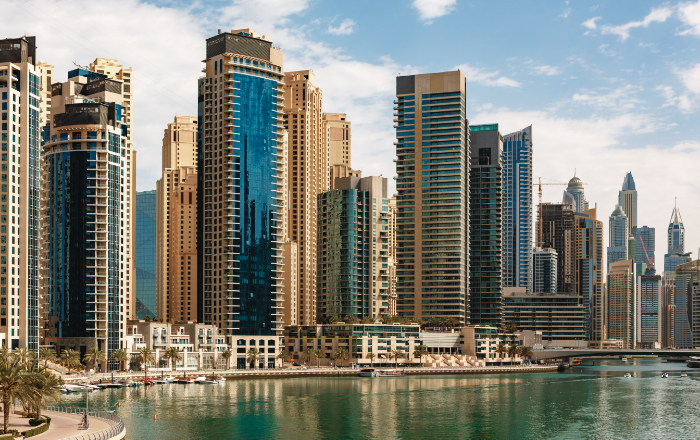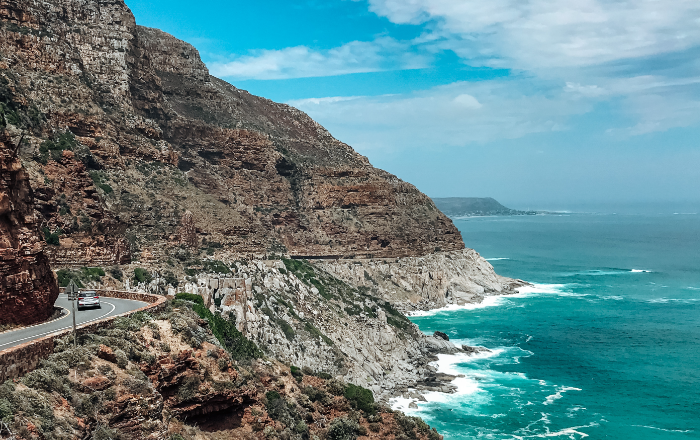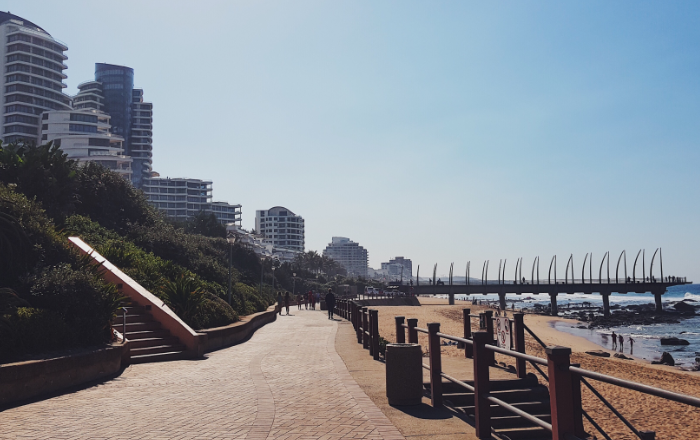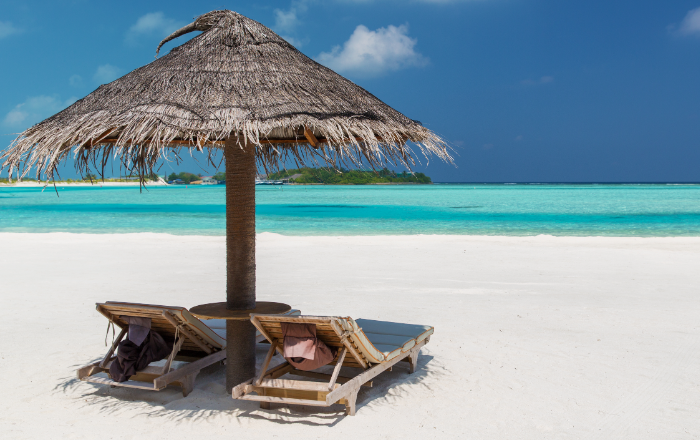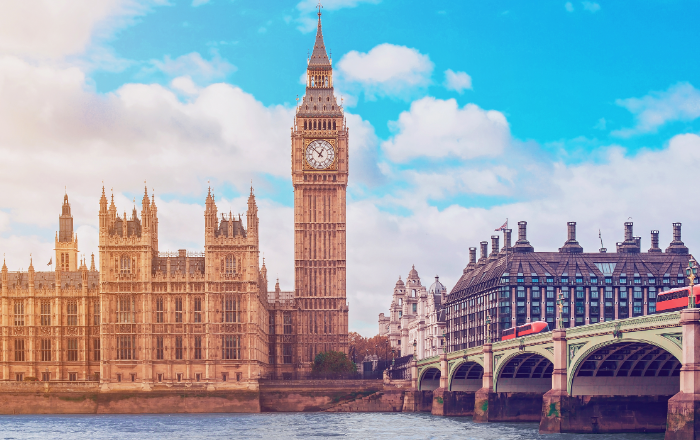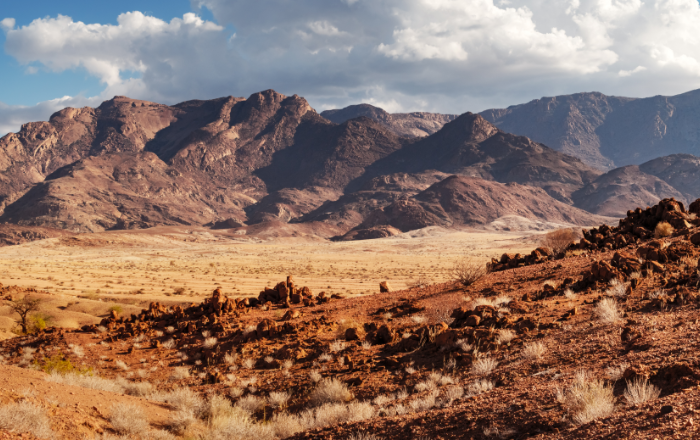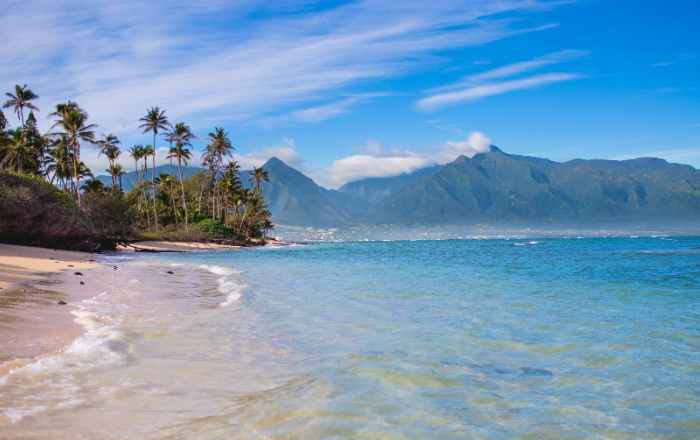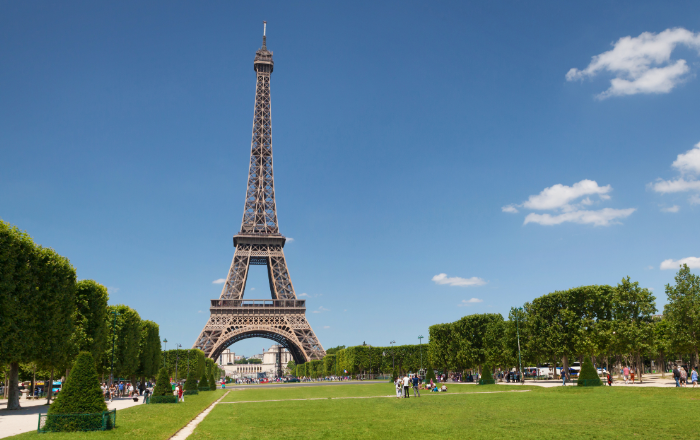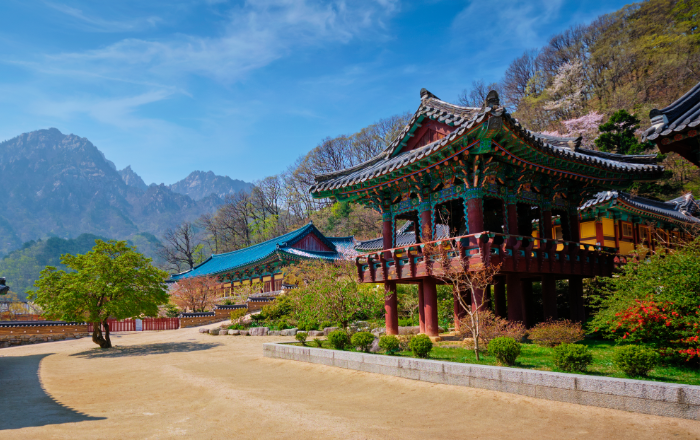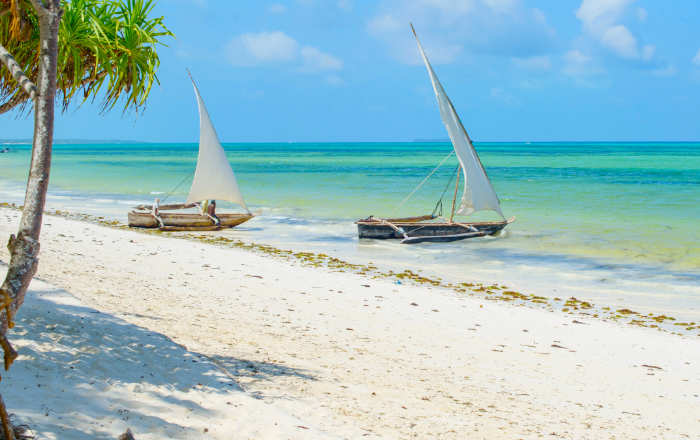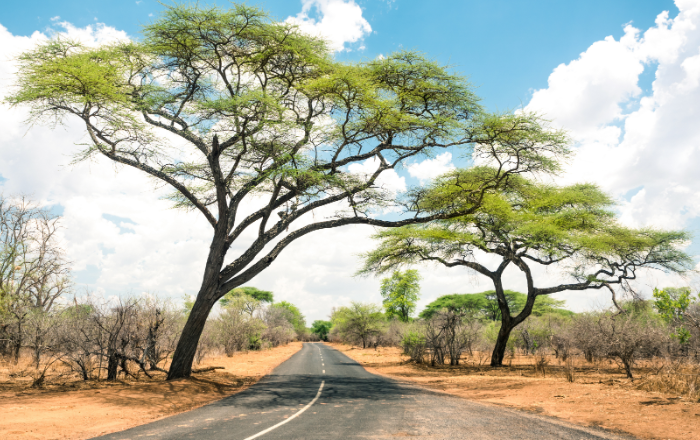Plane tickets to Nigeria
Getting to Know Abuja
Abuja follows the West Africa Time Zone (WAT), which is UTC+1. In 2020, the population of Abuja was estimated to be over 4.1 million people. The official language of Abuja is English. Other languages spoken in Abuja include Hausa, Fulani, and Gbagi, among others. The currency in Abuja is the Nigerian Naira (NGN). Yes, there are several cafes and restaurants as well as currency exchange services located in the Abuja International Airport. The length of the city of Abuja is approximately 938 kilometers.Climate and Weather
The most comfortable weather in Abuja is typically during the winter months, when the temperatures are in the 70s (°F) during the day and the 50s at night. The average temperature in Abuja is 25°C (77°F).Touring Abuja: Airport and Transportation
The average flight time from Abuja, Nigeria to other major cities around the world is approximately 11 hours. The arrival airport in Abuja when it was built is Nnamdi Azikiwe International Airport (formerly known as Abuja International Airport). The distance between the airport and city center is approximately 32 kilometers. Yes, it is possible to get from the airport of Abuja to the city center by taxi. The cost of the taxi ride depends on the distance, time of day, and the occupation of the taxi.Exploring the Rich History and Culture of Abuja
Abuja is the capital city of Nigeria. 200 ($0.55). 3,000 ($8.23). Abuja is the capital city of Nigeria and was built in the early 1980s. It is known for its modern architecture, its wide boulevards, its hilltop parks, and its many monuments. Abuja is also a major cultural and political hub, hosting many government ministries and embassies. 1. The National Mosque – Located in the central district of Abuja, the National Mosque is an iconic architectural and religious landmark. With a towering minaret and two domes, the mosque is adorned in green and gold and offers sweeping views of the city. 2. Zuma Rock – Zuma Rock is a massive monolith located to the northwest of Abuja. Measuring over 1km wide and 300 meters tall, Zuma Rock is said to be one of the oldest physical features in Nigeria, with geological evidence dating it back 1.7-2 billion years ago. 3. National Ecumenical Centre – The National Ecumenical Centre is the largest religious structure in Abuja and one of the most impressive. Sitting on a sprawling 100-acre site, this modern building is home to several churches and a vital part of the spiritual life of Abuja. The most popular place to visit in Abuja is the National Mosque, also known as the Abuja Central Mosque. The stunning architectural structure was completed in 1984 and provides visitors with a stunning view of the surrounding landscape. The Mosque is a popular attraction for both locals and tourists alike. Tourists are generally welcomed in Abuja, although they are advised to be cautious and practice cultural sensitivity due to the conservative nature of some parts of the city. As with any other city, visitors should take necessary precautions to ensure their own safety and security. Local people are typically welcoming and hospitable, and tourist attractions are plentiful in the city.Check the weather before buying a ticket to Abuja
Q&As for booking flights to Abuja
Which airlines fly to Abuja?
Airlines that fly to Abuja include Arik Air, Air Peace, and Ethiopian Airlines.
When is the best time to book a flight to Abuja?
Surprisingly, the best time to book Abuja flights is from December to February, during the low season. Flights are cheaper and you will avoid overflows at the airport. However, many areas of Abuja are safer during this time of year.
Which day is cheapest to fly to Abuja?
There is no definitive answer to this question since airline ticket prices are in constant flux, but travellers generally believe that Tuesday is the cheapest day to fly.
What is the weather like in Abuja in celsius?
The weather in Abuja generally ranges from about 15 degrees Celsius to about 35 degrees Celsius.
How much does it cost to get from Abuja airport to city center.
There is no official taxi service from Abuja airport to the city center, so the cost will vary depending on who you ask. Most taxi drivers will charge around 1500-2000 NGN for the trip.
Can I change money at Abuja airport?
You can exchange money at Abuja airport, but the rates may not be as favourable as in the city.
In which airline can I return a ticket bought to Abuja?
You can return a ticket bought to Abuja on any airline.
